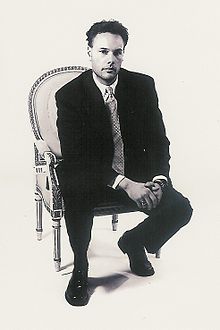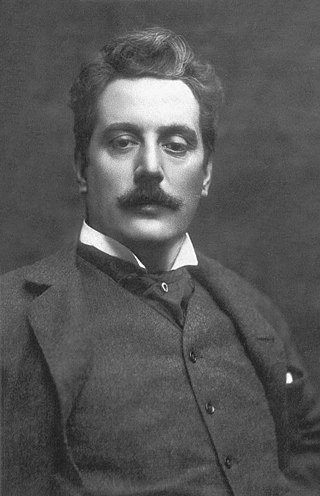
Giacomo Puccini was an Italian composer known primarily for his operas. Regarded as the greatest and most successful proponent of Italian opera after Verdi, he was descended from a long line of composers, stemming from the late Baroque era. Though his early work was firmly rooted in traditional late-nineteenth-century Romantic Italian opera, it later developed in the realistic verismo style, of which he became one of the leading exponents.
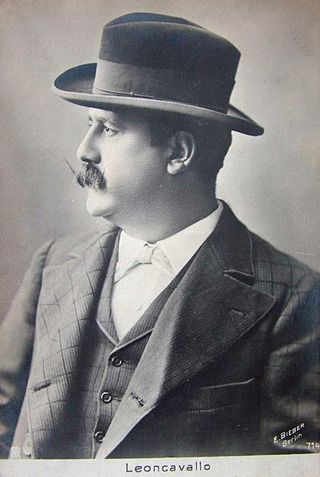
Ruggero Leoncavallo was an Italian opera composer and librettist. Throughout his career, Leoncavallo produced numerous operas and songs but it is his 1892 opera Pagliacci that remained his lasting contribution, despite attempts to escape the shadow of his greatest success.

Turandot is an opera in three acts by Giacomo Puccini to a libretto in Italian by Giuseppe Adami and Renato Simoni. Puccini left the opera unfinished at the time of his death in 1924; it premiered in 1926 after the music was posthumously completed by Franco Alfano.

In opera, verismo, from vero, meaning 'true', was a post-Romantic operatic tradition associated with Italian composers such as Pietro Mascagni, Ruggero Leoncavallo, Umberto Giordano, Francesco Cilea and Giacomo Puccini.
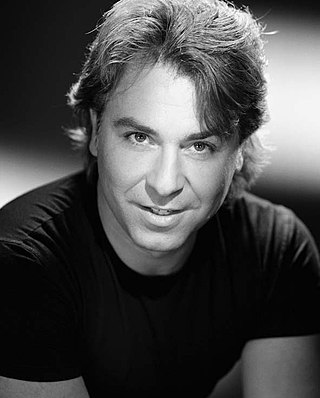
Roberto Alagna is a French operatic tenor. He obtained French citizenship in 1981, while also retaining his previous Italian citizenship.

Mario Del Monaco was an Italian operatic tenor.
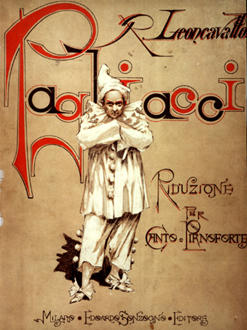
Pagliacci is an Italian opera in a prologue and two acts, with music and libretto by Ruggero Leoncavallo. The opera tells the tale of Canio, actor and leader of a commedia dell'arte theatrical company, who murders his wife Nedda and her lover Silvio on stage during a performance. Pagliacci premiered at the Teatro Dal Verme in Milan on 21 May 1892, conducted by Arturo Toscanini, with Adelina Stehle as Nedda, Fiorello Giraud as Canio, Victor Maurel as Tonio, and Mario Ancona as Silvio. Soon after its Italian premiere, the opera played in London and in New York. Pagliacci is the best-known of Leoncavallo's ten operas and remains a staple of the repertoire.

Franco Alfano was an Italian composer and pianist, best known today for his operas Cyrano de Bergerac (1936), Risurrezione (1904) and for having completed Puccini's opera Turandot in 1926. He had considerable success with several of his own works during his lifetime.

Magda Olivero, was an Italian operatic soprano. Her career started in 1932 when she was 22, and spanned five decades, establishing her "as an important link between the era of the verismo composers and the modern opera stage". She has been regarded as "one of the greatest singers of the twentieth century".

Riccardo Zandonai was an Italian composer and conductor.

Tullio Serafin was an Italian conductor and former Musical Director at La Scala.
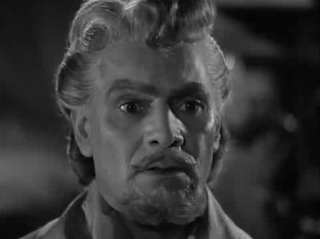
Afro Poli was an Italian operatic baritone, particularly associated with the Italian repertory.

Ettore Panizza was an Argentine conductor and composer, one of the leading conductors of the early 20th century. Panizza possessed technical mastery and was popular and influential during his time, widely admired by Richard Strauss and Giacomo Puccini, among others.
Alessio De Paolis was an Italian operatic tenor who specialized in character roles. He was a prominent member of the Metropolitan Opera in New York City where he sang from 1938 to 1964. At the Met De Paolis performed 51 different roles, primarily in the Italian and French repertoires, in a remarkable 1555 performances. In 1931, De Paolis created the role of Monsieur Le Beau in Ermanno Wolf-Ferrari's opera La vedova scaltra; in 1933 that of Frulla in Riccardo Zandonai's opera La farsa amorosa; and in 1936 and that of Christian in Franco Alfano's Cyrano de Bergerac.

Tarquinia Tarquini was an Italian dramatic soprano and the wife of composer Riccardo Zandonai.

Teatro Grattacielo is a professional opera company based in New York City specializing in concert performances of rarely heard verismo operas. The company's past performances have included the North American premieres of Mascagni's Il piccolo Marat and Riccardo Zandonai's I cavalieri di Ekebù and La farsa amorosa. Its name means "Skyscraper Theatre" in Italian, a reference not only to the New York skyline but also to the Teatro Grattacielo in Genoa, a cinema which was the city's temporary opera house while the Teatro Carlo Felice was rebuilt after extensive damage in World War II.

Maria Carbone was an Italian operatic soprano. She created the lead female roles in two of Gian Francesco Malipiero's operas: the title role in Ecuba and Cleopatra in Antonio e Cleopatra.

Il dottor Antonio is a 1949 opera by Franco Alfano to a libretto by Mario Ghisalberti based on the 1855 nationalist novel by the Italian writer Giovanni Ruffini.

Iris Adami Corradetti was an Italian opera soprano, and latterly a singing teacher.

Svetla Vassileva is a Bulgarian opera singer (soprano).
